 The Future of Parking May Look An Awful Lot Like the Past
The Future of Parking May Look An Awful Lot Like the Past
✉️ Want to forward this article? Click here.
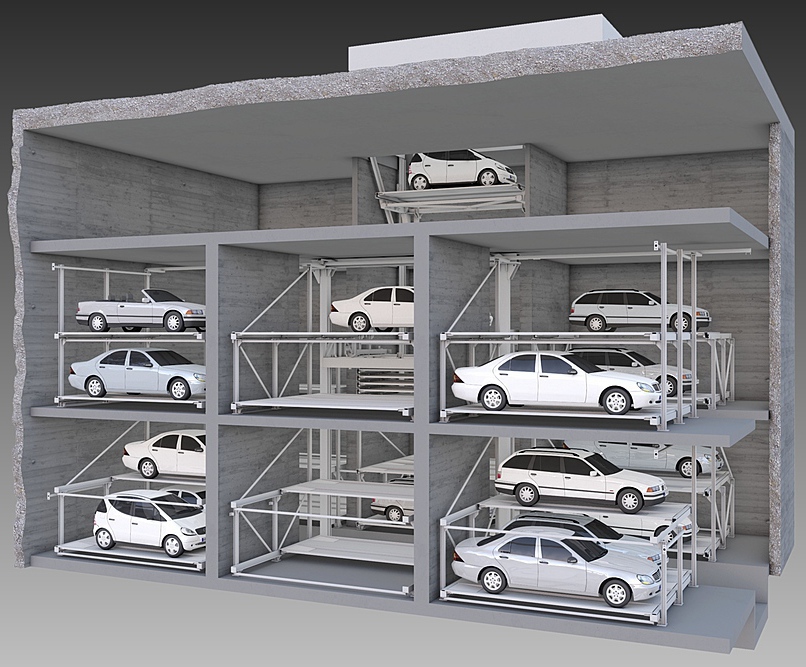
We live in a disruptive age, and with shifting demographic demand in urban centers and the specter of autonomous vehicle adoption looming ever near, it is overdue for the parking industry to begin planning for the future.
This topic was front and center for a panel discussion at Urban Land Institute's annual trends conference earlier this week, with panelists noting the increasing costs of constructing parking spaces and the quest to right-size parking provisions in various developments. There is increasingly tension between population (and density) growth in urban areas and old-school notions of how much parking should be provided based on unit or square footage counts versus trends toward usage of other transportation methods and investments in walkability and less car-friendly infrastructure.
Panelist Omar Abdul-Baki of Galena Capital Partners posited a solution that aims to split the difference between the need for parking now and in the future: mechanized garages.
As the video shows, mechanized parking is far from a new concept; in fact, the first mechanized garage in the country was built in the mid-20th century on DC's K Street. Such systems have fallen out of vogue since, however, and many people have never encountered a mechanized garage in modern America.
Mechanized garages are space savers because vehicles can be arranged efficiently, potentially halving the amount of space needed for garages and there is little-to-no need to build ramps or multiple stairs and egresses, nor to adhere to traditional clearance heights. This offers developers more flexibility in the exterior skin of garages and enables them to maximize other uses in their projects.
story continues below
loading...story continues above
"You have a lot more room to actually focus on the asset that you're building or managing," explains Abdul-Baki. "It can also be not just a cost-saver, but a revenue-booster. Especially when you're talking about urban environments where your land cost is so high and only going up, you're able to essentially add more asset value that is creating cash flow."
Mechanized garages can take the form of carousels, lift or warehousing systems, or robot valets.
"It sort of looks like an automated warehouse, just for cars," Abdul-Baki described. "You drive into a small roll-top area, a pallet comes out, picks the car up, it gets lifted up to a separate level and slotted into a spot; the reverse happens when you come to get it out."
Some DC developers plan to incorporate this technology, which hasn't evolved much over the past 60-plus years. "There's not much difference between what you see in this video and what you see in these warehouse systems except the operator is no longer a person with a set of buttons in front of them; it's a computer," Abdul-Baki noted. However, without widespread adoption of these sorts of systems, we may have to keep settling for a future where garages take on second lives as recreational racetracks and makerspaces.
See other articles related to: parking, robot parking, robot parking garage
This article originally published at http://dc.urbanturf.production.logicbrush.com/articles/blog/the-future-of-parking-may-look-an-awful-lot-like-the-past/13861.
Most Popular... This Week • Last 30 Days • Ever
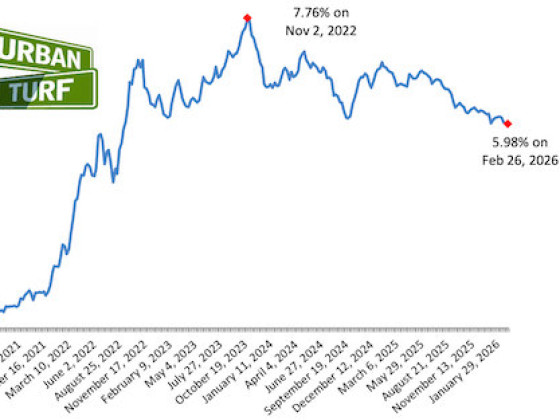
While it may seem like paying off a long-term mortgage early is a difficult task, it ... read »
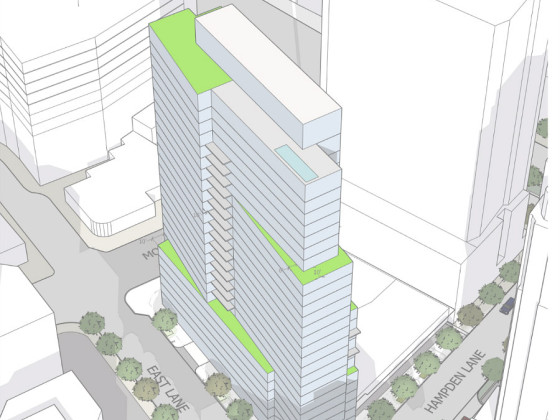
The plans for a building that (forgive us) is just trying to fit in in downtown Bethe... read »
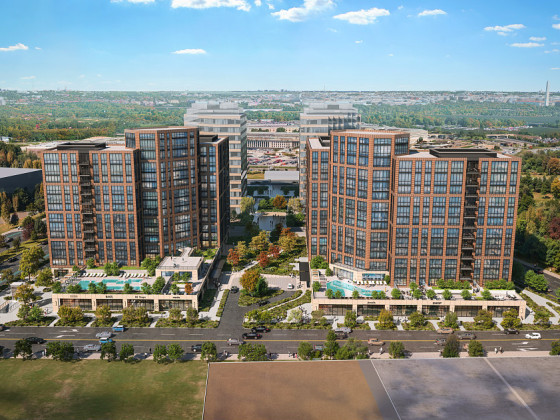
A new proposal is on the boards for the former home of the Transportation Security Ad... read »
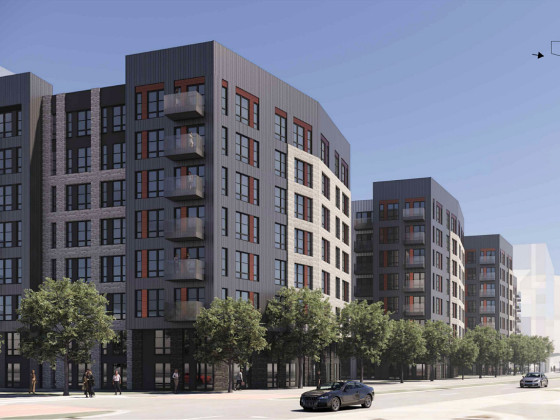
The developer is under contract to purchase Land Bay C-West, one of the last unbuilt ... read »
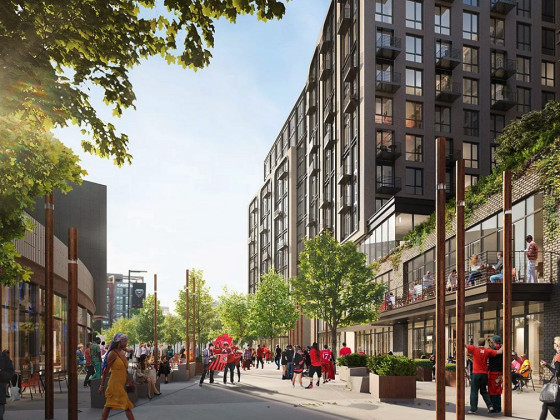
Even with over 1,100 new apartments delivering in the last 18 months, the new develop... read »
- A Look at The Ways You Can Pay Off Your Mortgage Early
- Narrow 260-Unit Apartment Building Pitched For Bethesda Moves Forward
- 637 Apartments, 31,000 Square Feet Of Retail: The New Plans for Pentagon City TSA Site
- The Last Piece of Potomac Yard: Mill Creek Residential Pitches 398-Unit Apartment Building
- The Nearly 2,000 Units Still In The Works At Buzzard Point
DC Real Estate Guides
Short guides to navigating the DC-area real estate market
We've collected all our helpful guides for buying, selling and renting in and around Washington, DC in one place. Start browsing below!
First-Timer Primers
Intro guides for first-time home buyers
Unique Spaces
Awesome and unusual real estate from across the DC Metro













